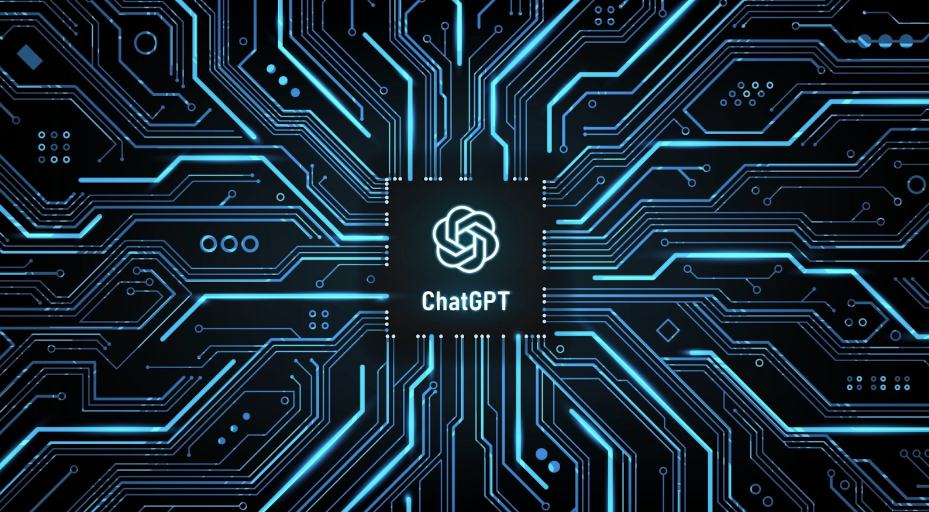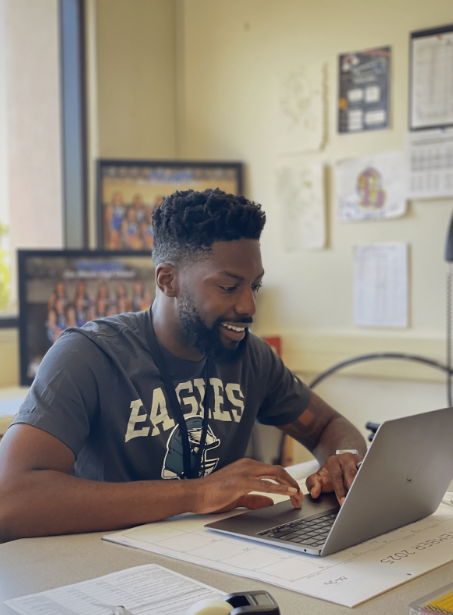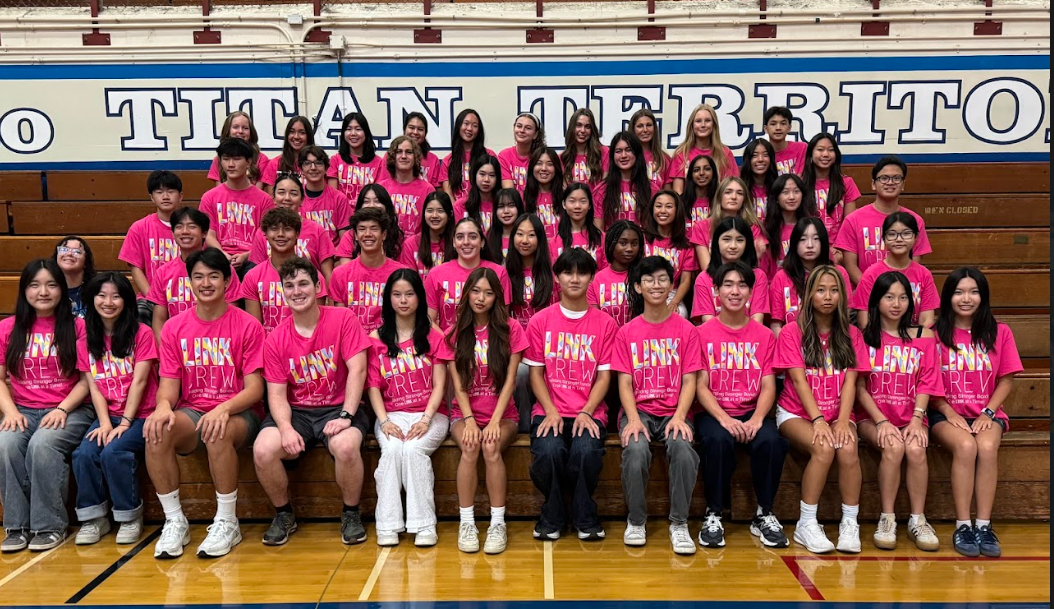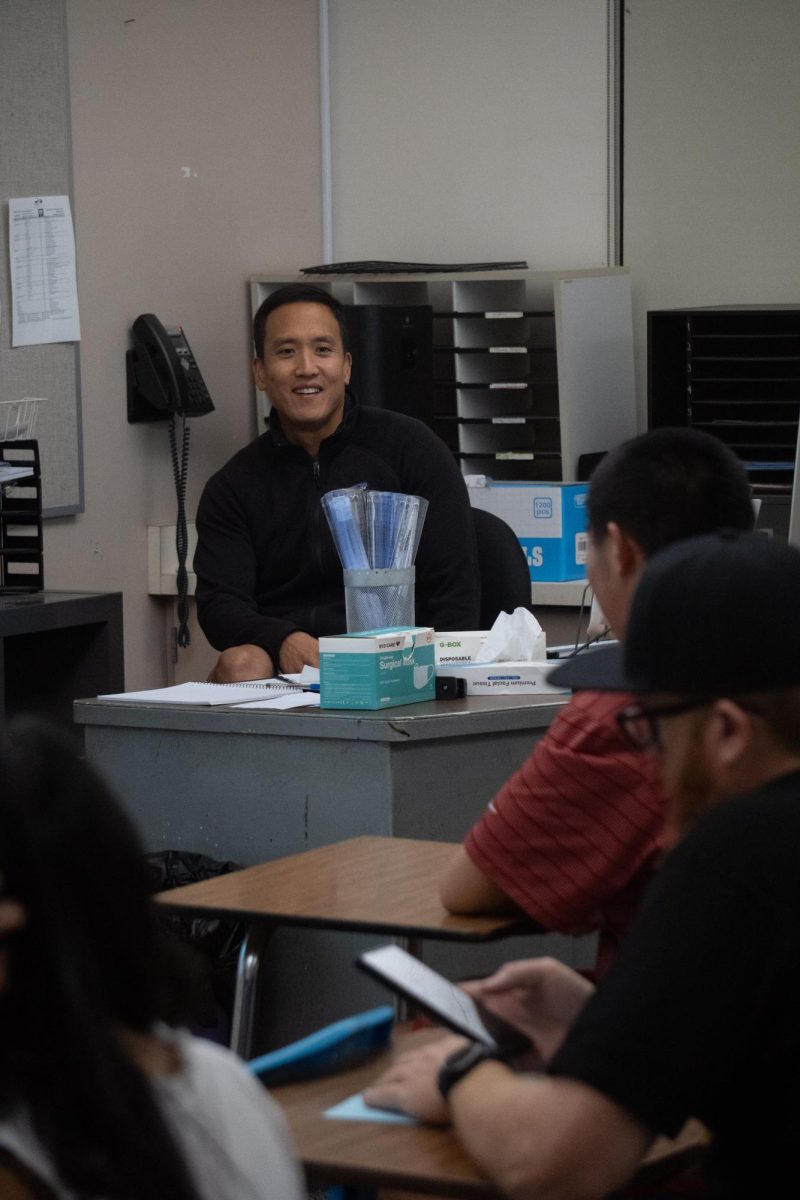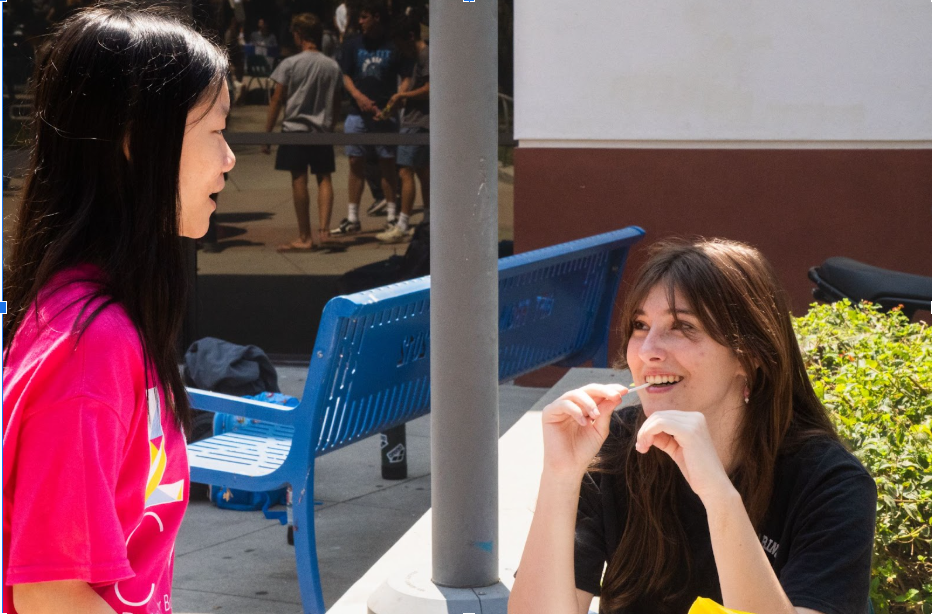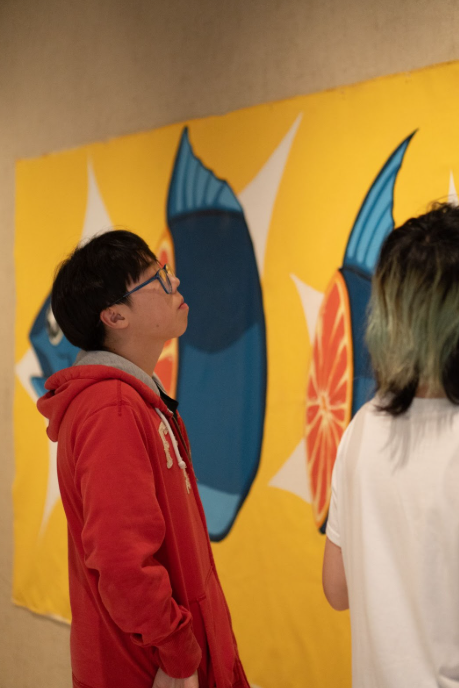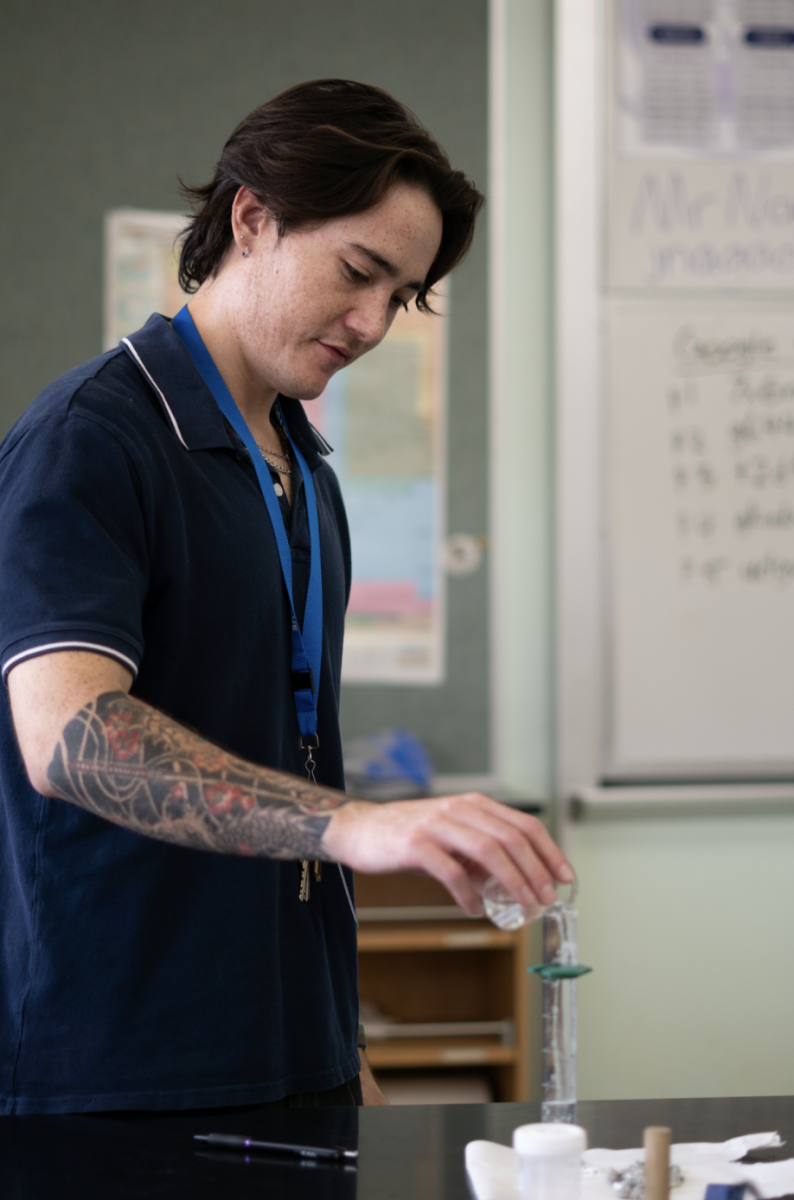In the past two years, there has been a rapid growth in the use of ChatGPT and other artificial intelligence programs across school, which have impacted our lives in a variety ways. One of its biggest adverse effects is its reduction of student motivation and effort. The problem with depending too much on AI to solve or complete an assignment is that there is less personal engagement with the material, leading to less learning in general. “Artificial intelligence has made me lazier. There’s just so many things I can do now almost instantly with the help of AI” Rebecca Samara, 11, said. And it’s true, many students including me will admit that access to and ease of using AI tools make it tempting to take shortcuts, which cheapens our work.
Not all are at ease using AI for academic work, however. For many students, the utilization of AI, such as ChatGPT, is a form of academic dishonesty. “As a Christian, I think using ChatGPT is unacceptable. Honesty is the best policy,” says Shiloh Lee, 11. There are many Titans who believe that the use of AI detracts from real learning and further encourages both laziness and cheating since the use of it can be interpreted as a form of plagiarization, taking someone, or in this case, something else’s work and marketing it as your own.
Despite these concerns, there are still considerable benefits to ChatGPT and other similar programs, provided their use is ethical. “ChatGPT is helpful because it’s good for brainstorming and coming up with clever ideas. It makes a lot of tedious work that normally wouldn’t provide benefit much ” says Ashlyn Phung, 11. Programs like ChatGPT come in as great assistance on research or during a brainstorming session to help students work more efficiently. These tools, if used responsibly, can serve to facilitate learning and further streamline the educational process.
